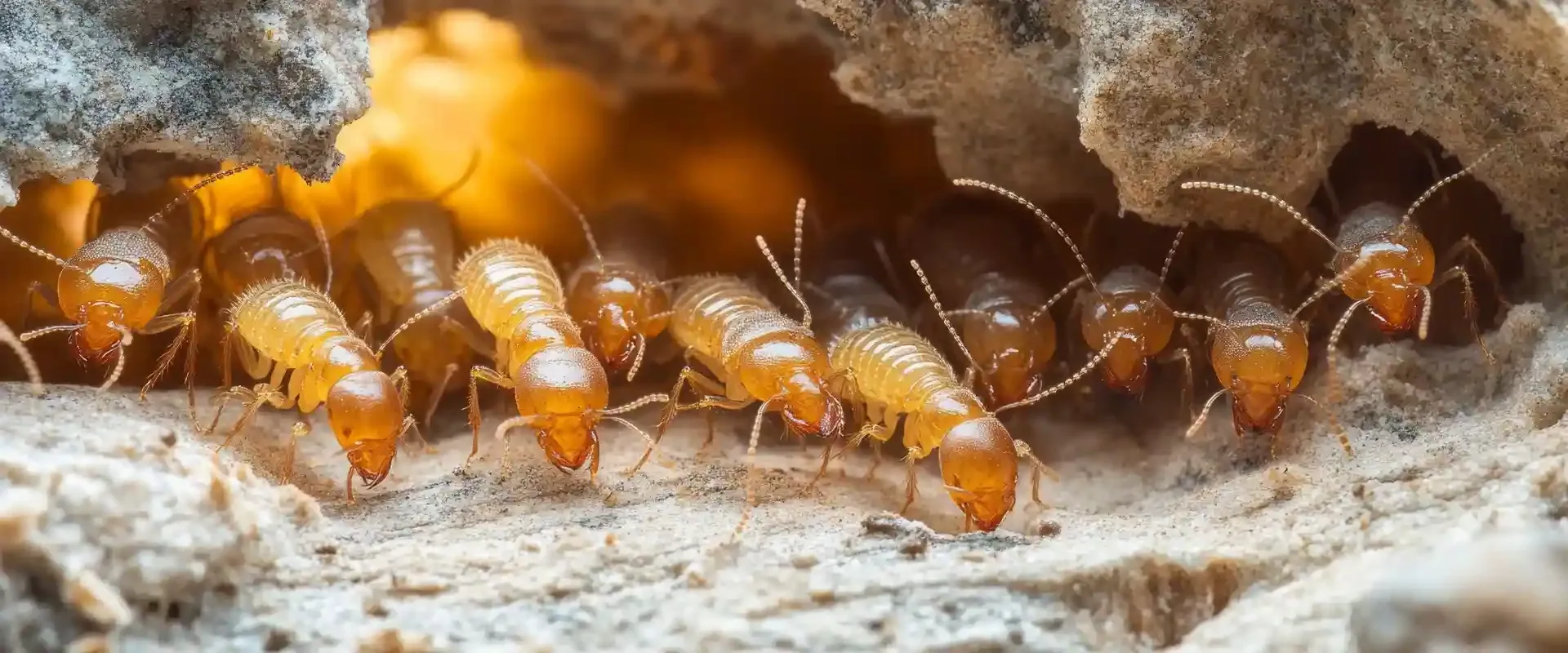Termites are silent destroyers that can cause extensive damage to your home before you even notice them. Each year, they cost homeowners billions of dollars in repairs and treatments. The good news? With proper knowledge and proactive measures, you can protect your property effectively. In this guide, we'll walk you through everything you need to know about termite prevention as a homeowner.

Why Is Termite Prevention Important?
Termite damage is rarely covered by homeowners insurance, meaning repairs often come out of your pocket. Early prevention not only saves money but also preserves your home's structural integrity and value. Stopping an infestation before it starts is far easier and cheaper than dealing with a full-blown problem.
Common Types of Termites in the United States
- Subterranean termites: The most destructive type, living in underground colonies and requiring moisture to survive.
- Drywood termites: Infest dry wood and don't need contact with soil, often attacking walls, furniture, and flooring.
- Dampwood termites: Prefer moist, decaying wood and are typically found in humid, coastal areas.
Signs of a Termite Infestation
Spotting termites early can be tricky, but watch for these warning signs:
- Hollow-sounding wood when tapped
- Cracked or bubbling paint
- Discarded wings near windowsills or doors
- Mud tubes along foundations or walls
- Frass (termite droppings) resembling sawdust
Effective Termite Prevention Tips
1. Eliminate Moisture Around Your Home
Termites thrive in moist environments. Repair leaking faucets, water pipes, and AC units immediately. Ensure that your gutters and downspouts direct water away from your home's foundation.
2. Reduce Wood-to-Ground Contact
Keep firewood, lumber, or paper away from your foundation or crawl space. If wooden structures must touch the soil, ensure they are treated with termite-resistant materials.
3. Seal Cracks and Holes
Inspect your home’s foundation and exterior walls for cracks and seal them with high-quality caulk. Small openings can serve as easy access points for termites.
4. Maintain Proper Ventilation
Good airflow reduces moisture buildup inside walls and crawl spaces. Install vents and fans if necessary, especially in attics, basements, and crawl spaces.
5. Use Termite Barriers and Baits
Chemical soil treatments, bait systems, and physical barriers (like metal shields) can deter termites from reaching your home. Consider professional installation for maximum effectiveness.
Natural Ways to Help Prevent Termites
- Orange oil: A natural remedy extracted from orange peels that can kill drywood termites on contact.
- Diatomaceous earth: Spread around potential entry points; it damages termite exoskeletons, causing dehydration.
- Neem oil: Acts as a natural termite repellent when applied to wood surfaces.
Professional Termite Inspection and Treatment
Even with diligent prevention, it's wise to schedule annual termite inspections with a licensed pest control professional. Early detection can save thousands in repair costs. Experts can spot early signs you might miss and recommend the best treatment options tailored to your home's needs.
What to Do If You Already Have Termites
If you suspect a termite infestation, don't wait. The longer you delay treatment, the worse (and more expensive) the damage becomes. Contact a reputable pest control company immediately for a thorough inspection and customized treatment plan.
Conclusion
Preventing termites requires a combination of vigilance, maintenance, and smart strategies. By following the tips in this guide, you can greatly reduce the risk of a termite invasion and protect your home for years to come. Remember, when it comes to termites, proactive prevention is always better than costly repairs later.
Need help securing your home against termites? Request a free termite inspection today and safeguard your investment!

Comments (0)
Leave a Comment
No comments yet. Be the first to share your thoughts!